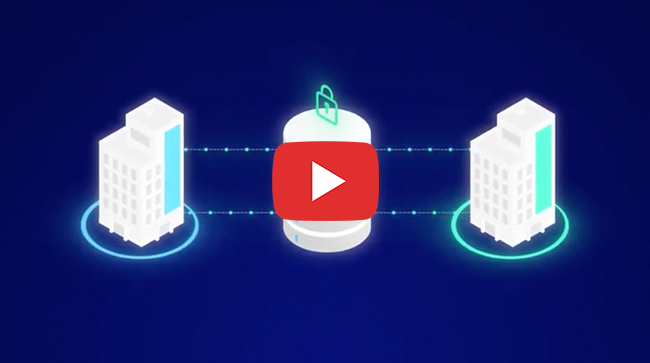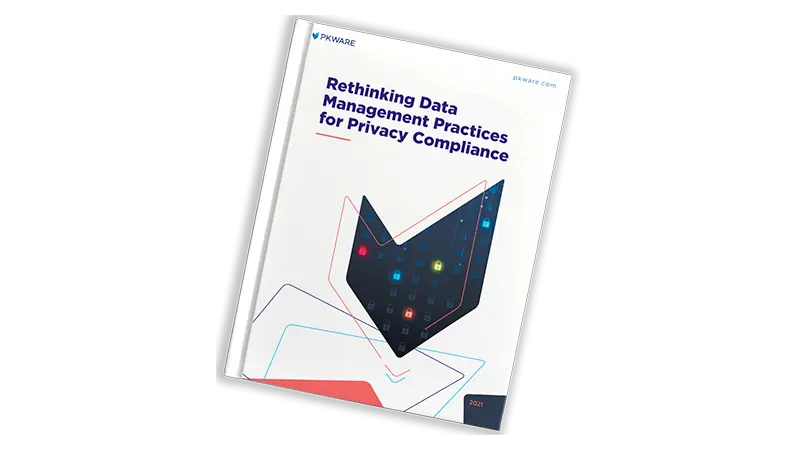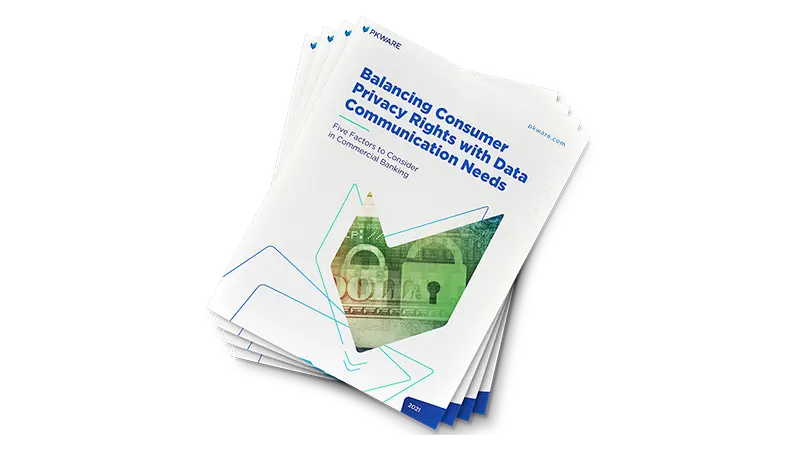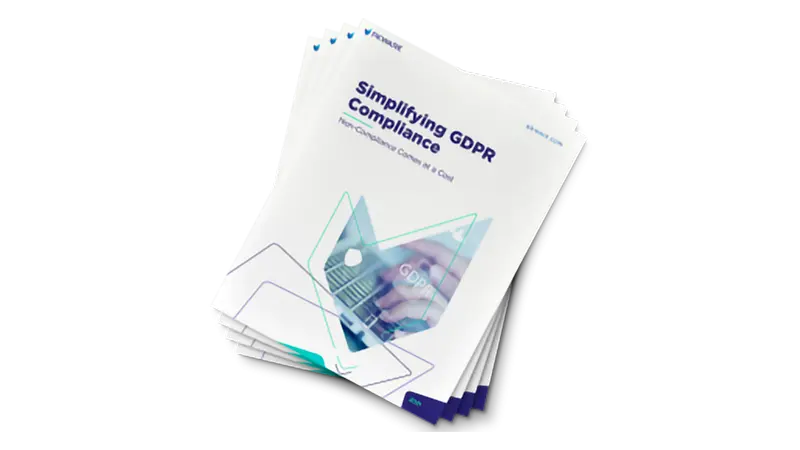Data Privacy
Automated Personally Identifiable Information (PII) Protection
Protecting Identities and Related Data
Organizations are required to keep up with the ever-changing privacy landscape, and protecting personally identifiable information they interact with. PK Privacy gives organizations the power to automate data discovery and reporting mechanisms to assist with reducing the operational complications of privacy legislation.








